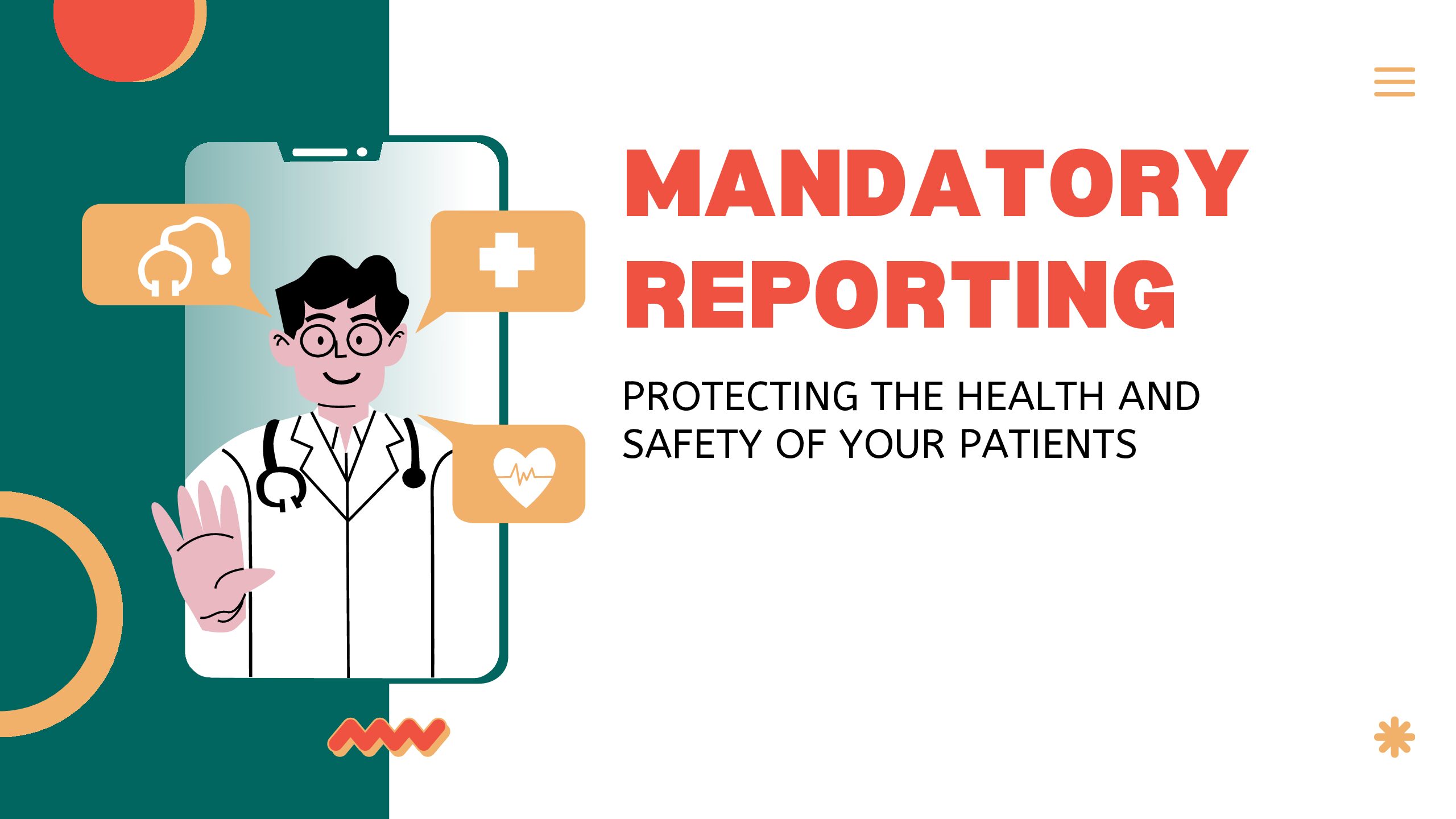What are advanced directives?
Advanced directives give patients the ability to direct their medical care in advance. Advanced directives are legal documents that tell doctors and caregivers what a patient wants for their healthcare if the patient becomes too sick to speak or make decisions. Advanced directives explain what kind of medical care the patient would like to receive, or not receive, in different situations.
Advance directives can also name the person who should make medical decisions for the patient in the case that the patient is unable to make those decisions.
Who writes an advanced directive?
The patient, while they are still able to make decisions, will write the advanced directive. Sometimes a family member or a close friend will help the patient, but it is important that the patient’s wishes are clearly written down.
When are advanced directives used?
Advanced directives are used if the patient is too sick or injured to talk or to make decisions about their own care. For example, if a patient is unconscious or has a severe illness that makes it difficult for them to speak, doctors or caregivers will check the advanced directive to understand the patient’s preferences and to know what to do.
How should advanced directives be treated?
An advanced directive is a legal document and must be followed carefully. The following is some guidance for members of the patient’s care team, relating to the patient’s advanced directive:
- Know where it is: It is important for members of the patient care team to know if the patient has an advanced directive and to know where it is kept. This will help ensure that the patient’s wishes are followed, if the need arises.
- Respect the patient’s wishes: The advanced directive represents the patient’s voice when the patient cannot speak for himself or herself. It is important to follow what it says in the advanced directive.
- Communicate: If a member of the care team is not sure that they understand what is written in the advanced directive, they should speak with other members of the care team. Together, they can work to understand the advanced directives and ensure that the patient’s wishes are honored.
- Stay calm and supportive: This situation is often stressful. It is important that members of the care team remain calm and provide support to the patient and members of the family.
Where can you find out more
- Advance Care Planning: Advance Directives for Health Care
- Living Wills and Advanced Directives for Medical Decisions





0 Comments